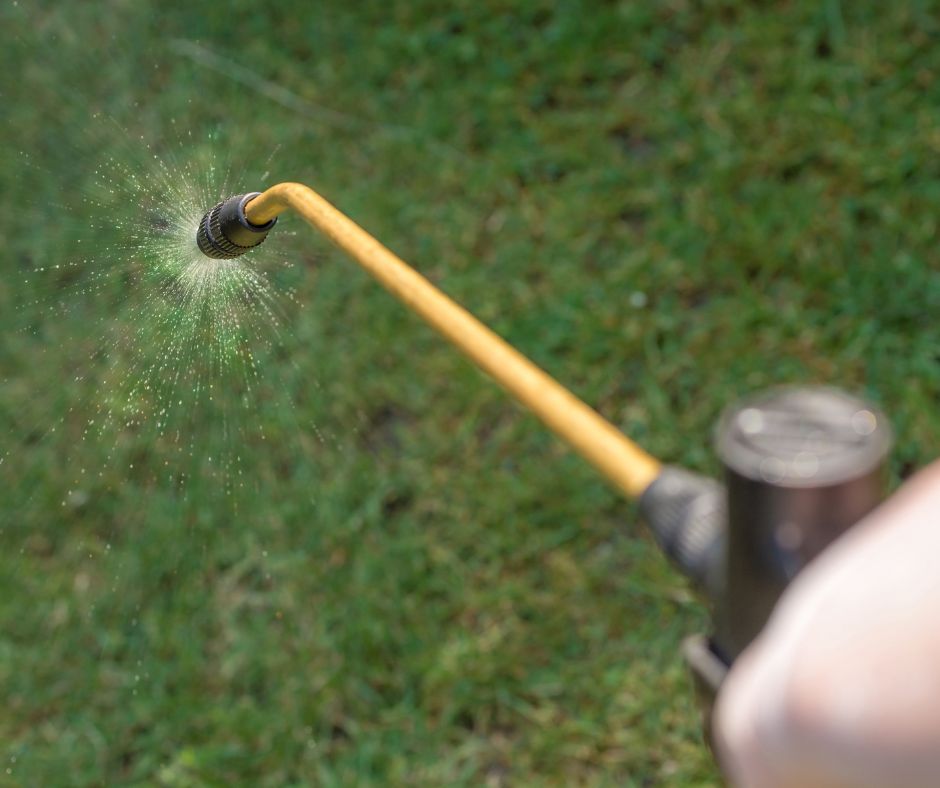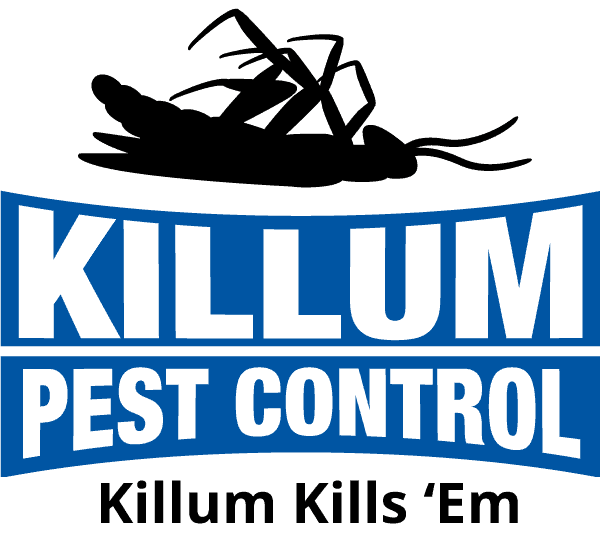Why Pest Control in Charlotte County Is Essential for Your House’s Health
Reveal the Significance of Insect Control in Preserving a Healthy And Balanced Setting and Therapy Techniques

The Duty of Pests in Ecological Communities
Pests, frequently checked out only as nuisances, play a diverse duty in ecological communities that is crucial for keeping ecological equilibrium. They add considerably to different ecological processes, consisting of pollination, vitamins and mineral biking, and insect control. Many insect types, such as butterflies and , are crucial pollinators for a wide variety of plants, which in turn supports biodiversity and food manufacturing.
Additionally, insects function as victim for countless predators, creating an essential web link in food webs. This interdependence guarantees the survival of different varieties and aids regulate populations within ecological communities (Termite treatment Port Charlotte). Furthermore, decomposer pests, such as certain beetles and fungi, are important in breaking down natural issue, hence improving dirt and helping with nutrition recycling.
Alternatively, while pests can be advantageous, their overpopulation or invasion into non-native environments may interrupt these environmental functions. This complexity highlights the value of recognizing parasite characteristics, as reliable pest management strategies have to take into consideration both their eco-friendly functions and prospective effect on human activities. Balancing pest visibility while minimizing injury is crucial for preserving the honesty of environments and making sure agricultural performance.
Wellness Dangers Connected With Parasites
The existence of insects in numerous atmospheres prolongs past their environmental roles, as they additionally position substantial health and wellness threats to people and animals. Lots of insects, consisting of parasites, insects, and rats, are carriers of conditions that can have major wellness effects. Rodents are recognized to send hantavirus and leptospirosis, both of which can lead to severe breathing and kidney issues, respectively.
Bugs such as ticks and insects are notorious for spreading out vector-borne illness like jungle fever, dengue fever, and Lyme disease. These diseases can cause high morbidity and mortality rates, specifically in vulnerable populations. In addition, parasites like vermins and cockroaches can intensify allergies and bronchial asthma, adding to respiratory system troubles in people, specifically those with pre-existing problems.
Additionally, the visibility of parasites can result in emotional stress and discomfort, affecting total health. Contamination of food and surface areas by parasite droppings and continues to be can lead to foodborne illnesses, highlighting the value of keeping sanitary conditions. Consequently, understanding the health dangers connected with bugs is vital in acknowledging the need of reliable pest management techniques to safeguard animal and human health and wellness.
:max_bytes(150000):strip_icc()/GettyImages-1406458401-c326873c5dcf400dab30717b9b4e596a.jpg)
Benefits of Reliable Parasite Control
Efficient bug control is important for preserving a healthy and balanced and risk-free atmosphere, as it consistently minimizes the numerous risks connected with insect problems. One of the primary benefits of effective insect monitoring is the decrease of carcinogen. Pests such as cockroaches, rats, and mosquitoes are vectors for conditions that can impact both human beings and pet dogs. By controlling these populaces, varmint control the probability of illness transmission is substantially lowered.
In addition, efficient bug control safeguards residential property and frameworks from damages. Many insects, like termites and carpenter ants, can trigger substantial structural damage that might need expensive repairs. By proactively handling these invasions, services and home owners can secure their investments.
An additional considerable advantage is the enhancement of general lifestyle. A pest-free atmosphere adds to psychological wellness and lowers tension related to problems. Efficient insect control fosters a more secure setting for family pets and kids, guaranteeing that homes remain refuges free from disease-causing organisms and dangerous chemicals.
Typical Pest Control Techniques

In the realm of parasite management, different techniques are used to deal with invasions properly. These strategies can be extensively categorized right into three major strategies: cultural, mechanical, and chemical controls.
Cultural control includes changing practices to minimize bug reproduction, establishment, and survival. This may consist of crop turning, proper sanitation, and environment manipulation, which collectively produce a setting less for pest proliferation.
Mechanical control uses physical methods to get rid of insects (Termite treatment Port Charlotte). Methods such as vacuums, catches, and obstacles are frequently used to straight get rid of parasites from an area. This strategy is specifically reliable for managing rats and pests without the use of dangerous chemicals
Chemical control involves the application of pesticides to manage pests. These substances can be classified into insecticides, herbicides, and fungicides, each targeting specific kinds of bugs. It is critical to utilize these chemicals carefully, adhering to security standards and laws to decrease potential harm to non-target types and the setting.
Each parasite control strategy has its constraints and benefits, and typically, an incorporated technique integrating multiple techniques yields the ideal cause maintaining a pest-free atmosphere.
Sustainable Pest Administration Practices
Sustainable pest administration practices encompass a series of approaches designed to reduce environmental impact while properly regulating parasite populaces. These practices focus on the use of eco-friendly techniques over chemical pesticides, thereby minimizing the risk of harm to non-target species, consisting of helpful insects, wild animals, and people.
Integrated Pest Monitoring (IPM) is a keystone of lasting practices, incorporating organic, cultural, mechanical, and chemical strategies to take care of pests. For instance, biological control involves presenting all-natural killers or bloodsuckers to reduce parasite populaces. Social techniques, such as plant turning and polyculture, interrupt pest life process and boost community strength.
Mechanical methods, such as barriers or traps, can efficiently protect against parasite accessibility without chemical intervention. Furthermore, maintaining healthy and balanced ecological communities with proper soil monitoring, plant health, and find biodiversity can naturally minimize pest problems.
Education and awareness are essential elements, empowering areas and people to recognize parasite risks early and execute preventative procedures. Termite treatment Port Charlotte. By fostering an all natural method that stabilizes pest control with environmental integrity, sustainable bug management practices not just secure frameworks and crops however also add to a much healthier environment for future generations
Verdict

Understanding the health dangers linked with pests is important in identifying the requirement why not look here of efficient bug administration strategies to guard animal and human wellness.
Efficient bug control is necessary for preserving a secure and healthy environment, as it consistently mitigates the countless threats linked with insect infestations.Integrated Bug Administration (IPM) is a keystone of lasting practices, integrating organic, cultural, mechanical, and chemical tactics to take care of parasites. By understanding the duty of insects, acknowledging connected wellness risks, and employing varied therapy techniques, a sustainable method to pest management can be attained. Integrated Pest Administration (IPM) emphasizes an all natural approach that mitigates harm to valuable microorganisms while effectively regulating pest populaces.